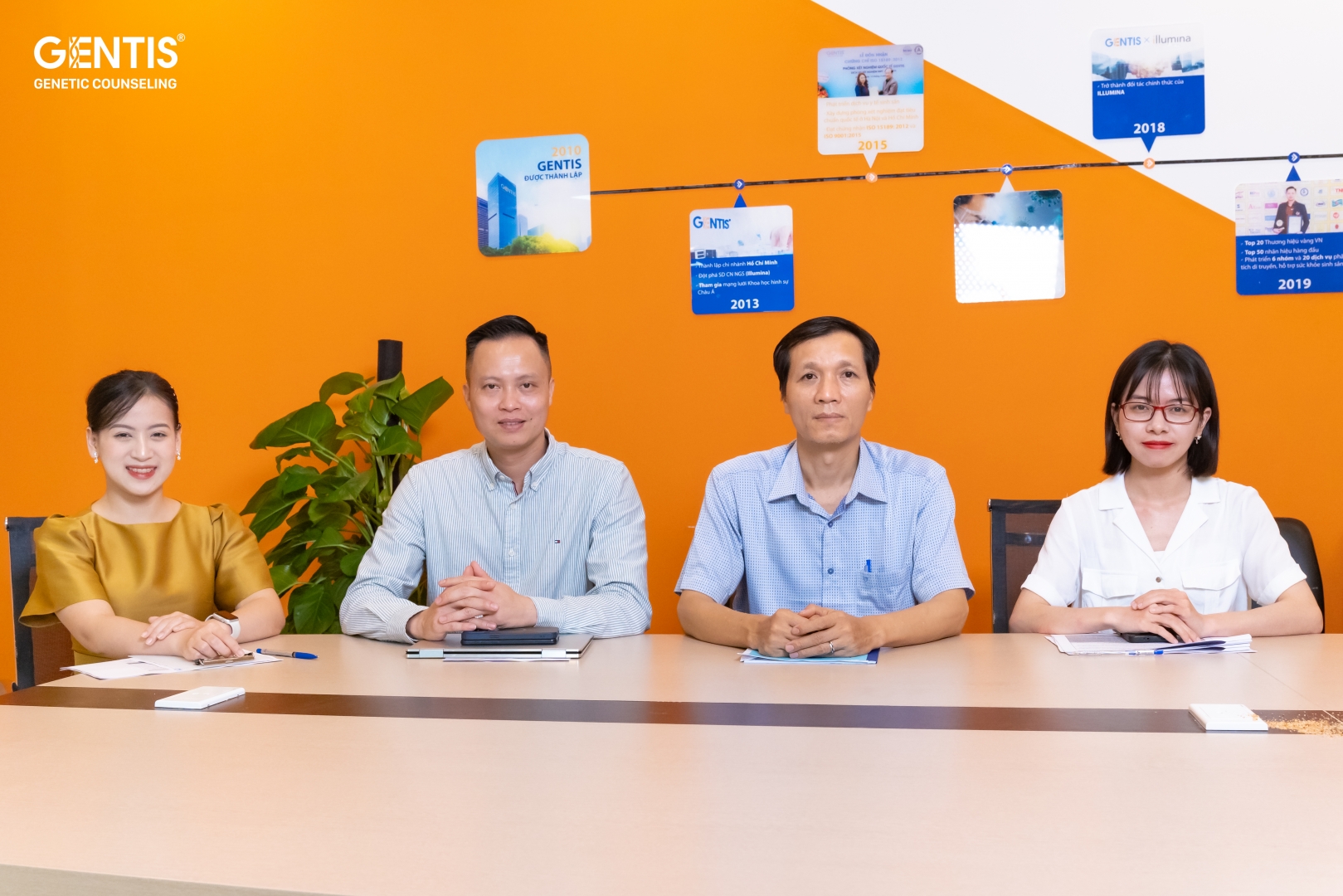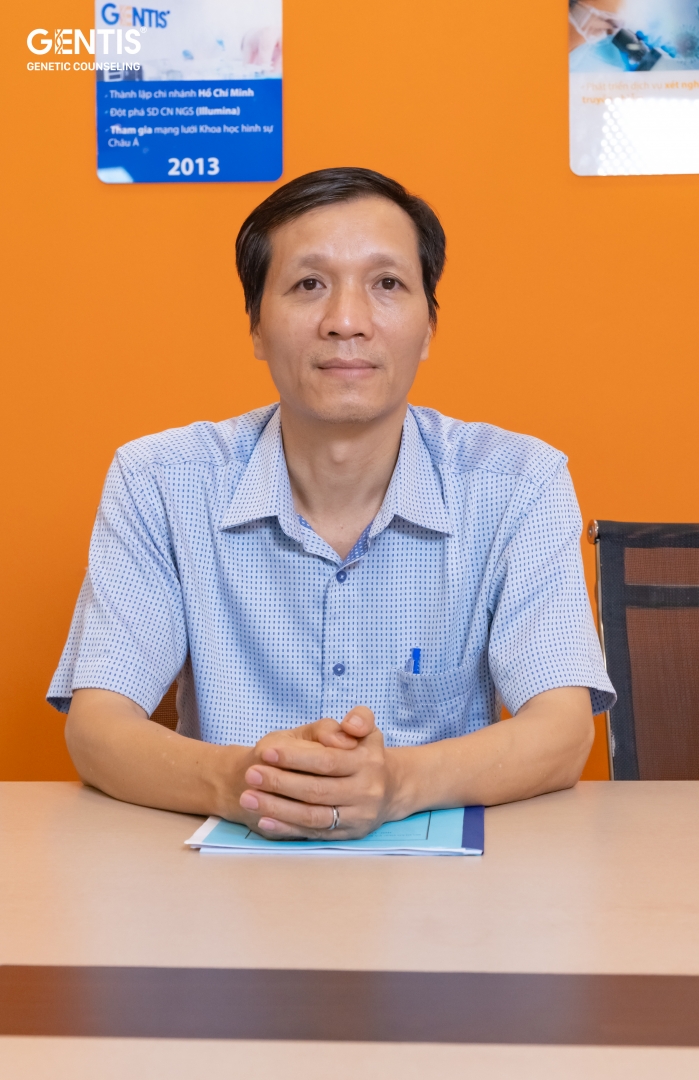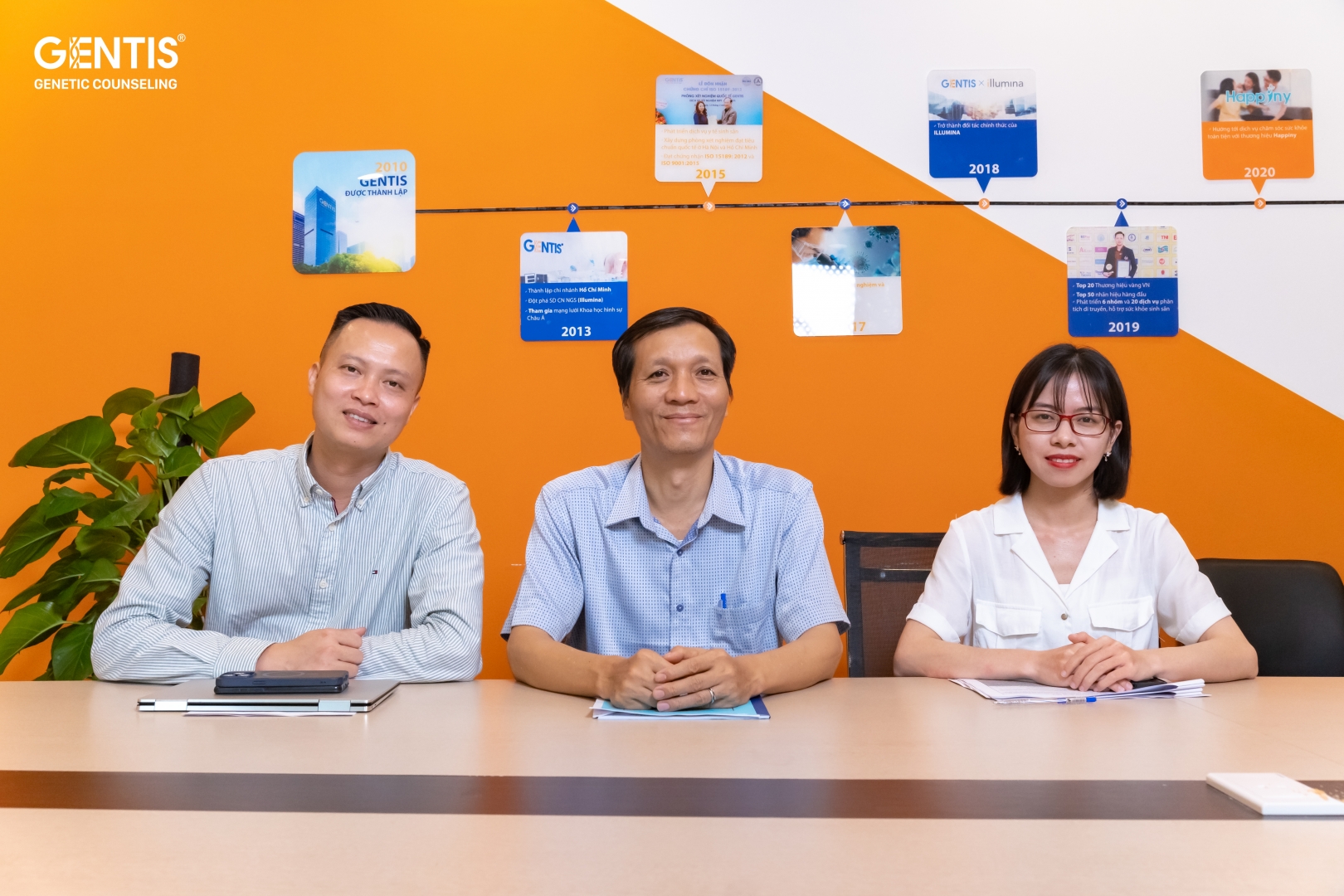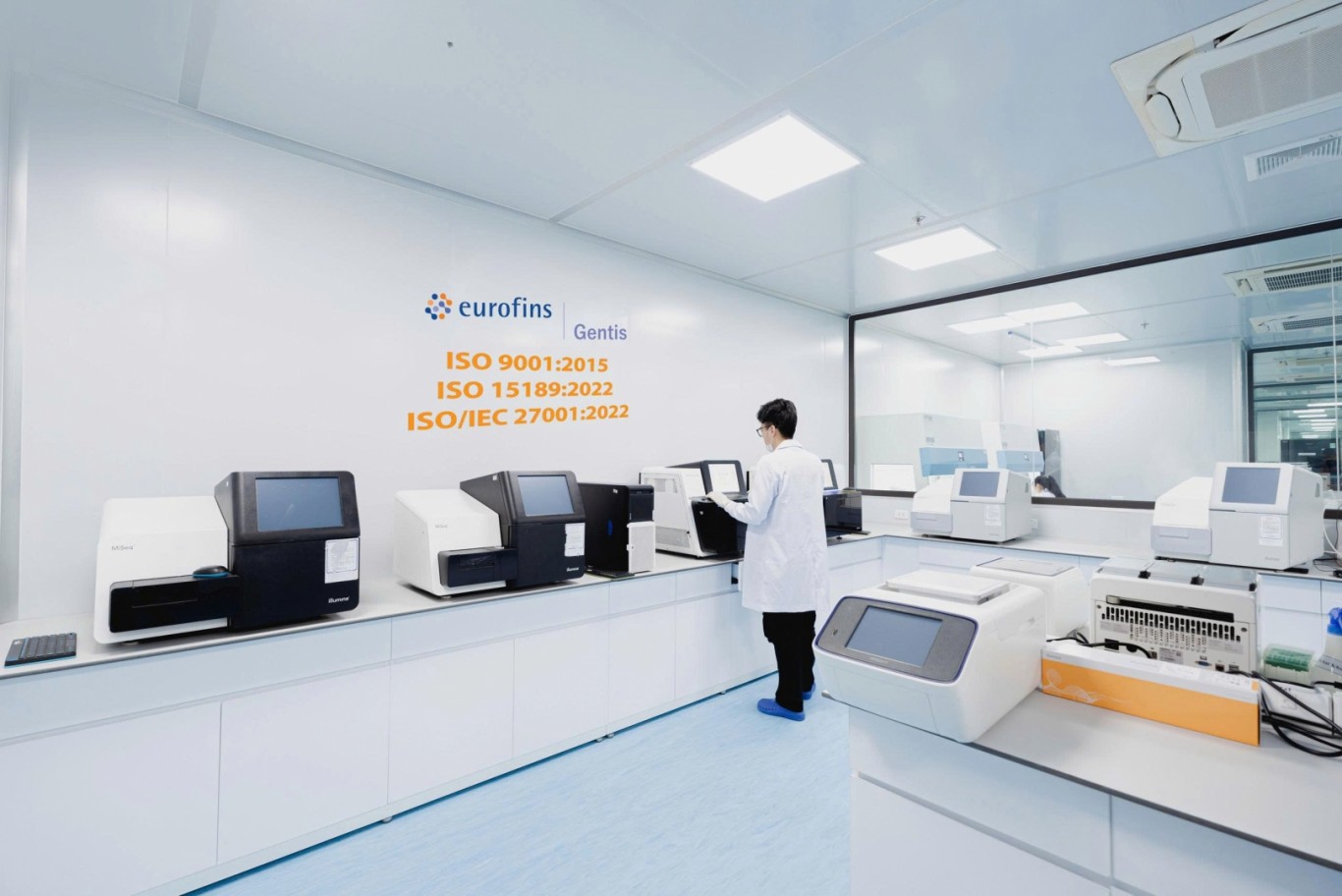 MC and experts in the talk show "Genetic counseling for rare disease prevention and preimplantation testing PGT-M: Factors that determine the success and quality assurance of testing"
MC and experts in the talk show "Genetic counseling for rare disease prevention and preimplantation testing PGT-M: Factors that determine the success and quality assurance of testing"
Currently, pre-screening tests of pre-implantation for monogenic diseases (PGT-M) are no longer strange in assisted reproduction and in vitro fertilization. PGT-M embryo screening combined with in vitro fertilization has become a lifeline method for many families who unfortunately carry the rare disease gene.
However, the application of PGT-M technique to screen embryos carrying rare monogenic diseases has not been implemented in many places. And if there are no screening strategies to prevent the transmission of diseases to the next generation, perhaps these diseases will no longer be "rare", but will be a problem in the community, affecting the quality of the population.
According to the European Union, a disease known as a rare disease has an incidence of less than 1 in 2000 people (per 2000 people). In the United States, a rare disease is defined as one that affects less than 200,000 Americans. 8 out of 10 rare diseases have genetic causes.
Genetic causes include monogenic pathologies, chromosomal pathologies, or extra-genetic pathologies. Therefore, not all rare diseases are genetic and not all genetic diseases are indicated for PGT-M.
The PGT-M test is currently indicated for monogenic diseases, based on the severity of the disease and considering whether the technical issue is feasible. Therefore, when indicating PGT-M testing, close coordination between clinicians, geneticists and genetic testing labs is needed to have the best indication.
 Assoc.Prof.Tran Van Khoa, PhD.MD. shared extremely valuable knowledge in the talk show
Assoc.Prof.Tran Van Khoa, PhD.MD. shared extremely valuable knowledge in the talk show
During the talk show, Assoc.Prof.Tran Van Khoa, PhD.MD. shared extremely useful instructions on genetic counseling for clinicians and patients who need to prevent rare diseases. Associate Professor Khoa said: "One of the important points of the PGT-M test is to determine the cause of the disease. A clinically accurate diagnosis will help guide what type of test, what gene or group of genes to target, or which test technique to be able to detect the cause of the disease.
From those results, it will help the doctor a lot in the next steps to be able to conduct the PGT-M test. In addition, geneticists must also work with clinicians and embryologists to provide full information to infertile couples so that they can fully anticipate the limitations of the PGT-M test as well as the difficulties and challenges when screening embryos, embryo implantation, prenatal diagnosis,..."
In addition, Nguyen Thi Hue, MSc. (Genetic Consultant at GENTIS Genetic Counseling Center) also pointed out the subjects who are recommended to take the PGT-M test. Specifically, those are couples who have given birth to children with monogenic diseases, families with a history of monogenic diseases, parents who are benign carriers of the same genetic disease, so they should perform the method of selecting embryos that do not carry the disease gene by pre-implantation genetic test (PGT-M) to select the best embryo in order to give birth to healthy babies.
Master Nguyen Quang Vinh (Director of GENTIS) also emphasized: "PGT-M is one of the most difficult tests in the field of assisted reproduction. PGT-M can help families give birth to babies who do not carry the disease gene or have inherited diseases from their parents. Since then, the number of disease genes in the human population will decrease day by day. GENTIS has been performing PGT-M tests since 2017 and is currently researching and deploying more than 100 monogenous genetic diseases.
At GENTIS, PGT-M testing is performed in an ISO-compliant laboratory by NGS, Sanger or PCR gene sequencing methods by skilled technicians and experienced analysts. After that, the genetic consultant will make a final conclusion and send it to the clinician to advise the patient, thereby transferring the embryo without carrying the disease gene into the mother's uterus."
 Experts have shared, multi-dimensional perspectives, positive opinions, solved the questions of the audience and created an attraction for the Talkshow
Experts have shared, multi-dimensional perspectives, positive opinions, solved the questions of the audience and created an attraction for the Talkshow
With the desire to help infertile couples give birth to healthy babies, GENTIS always invests in the most modern equipment in the world and researches and develops PGT-M tests for rare diseases to support clinicians in the treatment of infertility.
Based on that desire, the Talkshow "Genetic counseling for rare disease prevention and pre-implantation testing of PGT-M: Factors that determine the success and quality assurance of testing" was organized, in order to provide intuitive and easy-to-understand knowledge, helping couples always be confident on the journey of "finding a child".
Hopefully, the sharing, multi-dimensional perspectives, and practical experiences of Assoc.Prof.Tran Van Khoa, PhD.MD., Nguyen Quang Vinh, MSc. and Nguyen Thi Hue, MSc. have helped unfortunate couples carrying rare disease genes to have more energy and confidence on the journey to find healthy "little angels".











